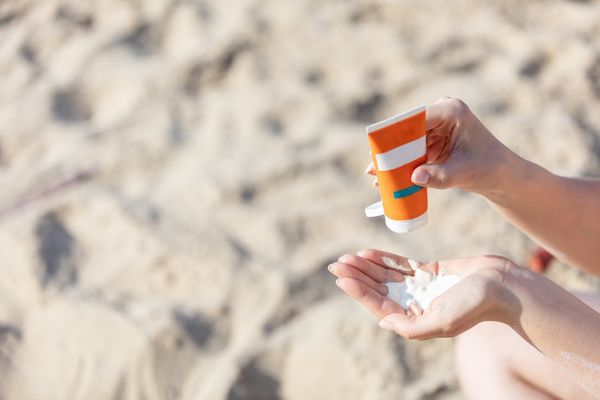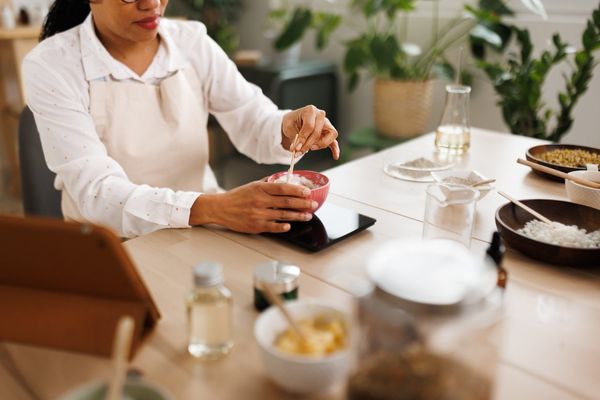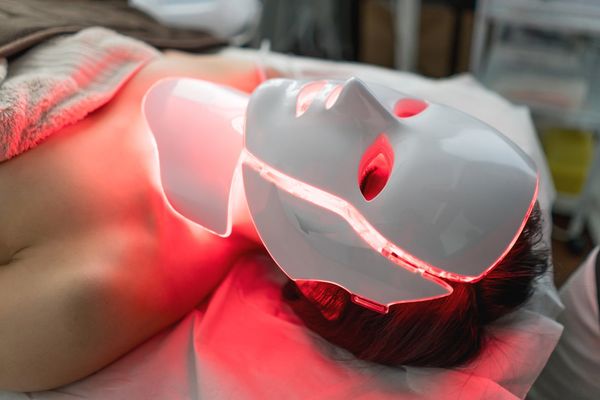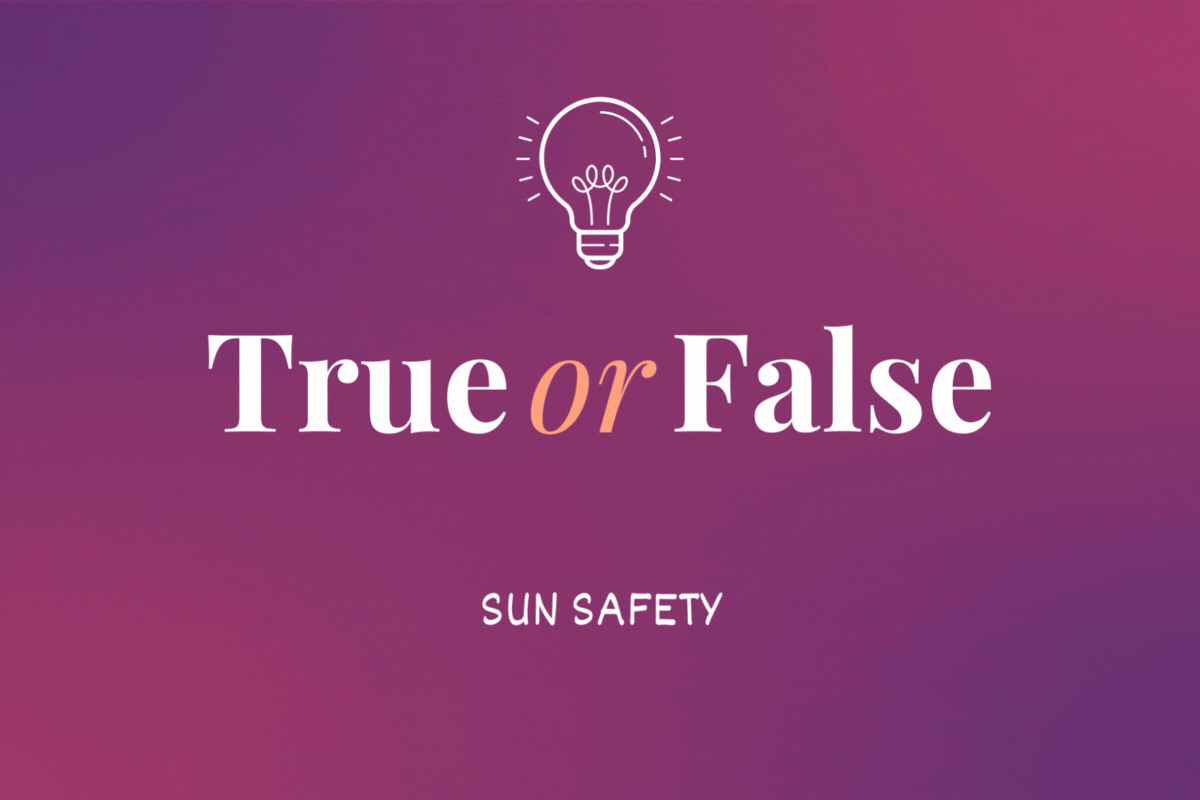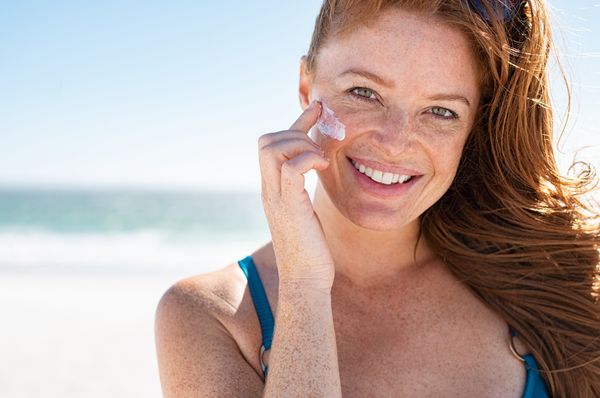Leslie H. recently wrote me asking: "At my annual check-up, my doctor told me that what I thought was just an ever-increasing rosy glow, might be rosacea. What is rosacea, what can I do about it and can I cover it up?"
Rosacea, huh? Well, you're not alone: According to the National Rosacea Society, approximately 14 million Americans have rosacea, but most of them don't know it. It is most common in fair-skinned women between ages 30 and 50, although it can occur in all races. Rosacea can present itself in different ways. It may appear as pink or red flushing or dilated blood vessels alone or with pus-filled bumps or deeper red bumps. It can also cause skin thickening and enlargement, usually around the nose.
What can you do about it? Treatment includes avoiding dietary, environmental and emotional triggers known to cause flare-ups, as well as practicing "sun safety" whenever possible-cover up with sunscreen; wear light-colored, tightly woven protective clothing; and avoid the sun. This condition also can be managed with topical or oral antibiotics. Metronidazole (Metrogel, Noritate, Metrocream), a topical prescription medication available in cream, lotion or gel form, is often used to treat the condition. Topical sodium sulfacetamide with or without sulfur preparations may be prescribed for rosacea treatment. If rosacea isn't responding to these treatments, or if cystic lesions form, tetracycline or other oral antibiotics usually control it. In addition, isotretinoin (Accutane), a powerful oral medication usually prescribed for cystic acne, is sometimes used in cases of severe inflammatory rosacea. 
Can it be covered up? You can reduce the redness of rosacea with make-up products like Clinique's Redness Solutions or by undergoing laser or electrosurgery treatment. These destroy the dilated blood vessels which reduces the redness.
Note: The information provided here is not meant to replace a visit to your health care provider. He or she knows you, and your medical history, better than anyone. We strongly encourage you to speak with your health care professional about your particular health concerns. Primary care physicians are able to evaluate many skin conditions and may be the first health care professionals you discuss your skin problems with. However, dermatologists are physicians with extensive training in skin care and skin disorders. Skin conditions can be difficult to diagnose because there are so many skin problems and symptoms may be similar. Consultation with a dermatologist is recommended to get an accurate diagnosis and treatment plan. It may also be the more cost-effective means of diagnosing and treating skin disease.
- 8 DIY and Natural Skincare Solutions for Better Self-Care ›
- What You Need to Know About Vampire Facials ›
- Skin Health ›
- 5 Natural Remedies for Treating Rosacea ›
- Treating Rosacea: The Best Ways to Get the Red Out ›


